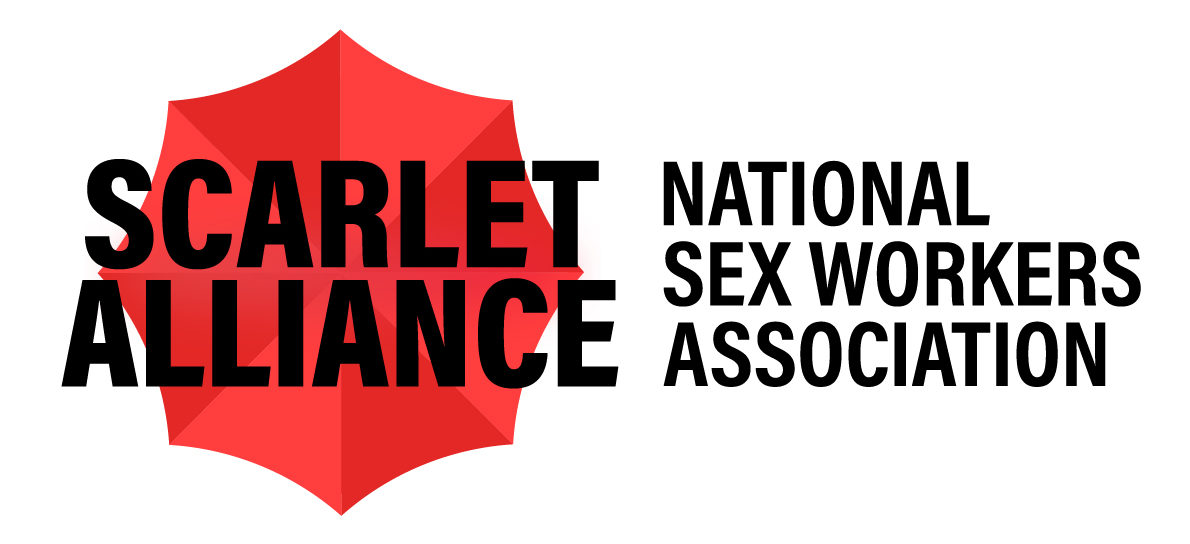This post is also available in:
![]() 简体中文 (Chinese (Simplified))
简体中文 (Chinese (Simplified)) ![]() ไทย (Thai)
ไทย (Thai) ![]() 한국어 (Korean)
한국어 (Korean)
Pubic lice (crab lice or ‘crabs’) are small, flat, light-brown parasites that cling to body hair. They’re easily transmitted through direct skin-to-skin contact during sex. They can also be spread by contact with towels, undergarments and bedding used by an infected person. Pubic lice can cause small red areas, sores, and itching.
Pubic lice are different to the lice that affect head hair. They mainly infest pubic hair, but may also affect the hair of the armpit, eyebrows, eyelashes, beard and torso. Unlike scabies, pubic lice do not burrow under the skin. Lice infestation causes no serious harm, but can be irritating. You can treat pubic lice at home with over-the-counter products from the chemist.
Signs and Symptoms
Public lice eggs usually hatch in 7 days, and adult lice live for about 30 days. It may take up to 1 month for symptoms to develop, as the body develops an allergic reaction to the saliva injected by the lice when they bite the skin. Some people have no symptoms and may be unaware that they have pubic lice.
Body Hair
Pubic lice can have no symptoms at all. If signs or symptoms are present, there may be:
- Itching
- Tiny, flat, brown bugs on the skin or pubic hair
- The presence of eggs (nits), which are white and attached to the base of pubic hairs
- Tiny blue spots around your genitals
- Spots of blood or fine, gritty debris in your underwear
- Pubic lice may also be found under the armpits, in facial and chest hair, and even on eyebrows and eyelashes.
Transmission
Pubic lice transmission mostly happens during sexual contact, but it can be spread on bedding, clothing, towels, or by close non-sexual body contact.
Prevention
To prevent pubic lice infestation, avoid having sexual contact or sharing bedding or clothing with anyone with an infestation or symptoms of a potential infestation. Pubic lice can be very small and may not be easily detected during a health check, so good lighting for a health check is important.
Condoms, gloves and dams provide limited protection from pubic lice because they may be on parts of the body that the barriers do not cover.
Testing
Here’s some information about testing for pubic lice. You can view a list of sex worker-friendly sexual health clinics at our Where To Test page.
Testing Method
- Visual identification of the adult lice, the eggs or empty egg sacs
- Your doctor may use a piece of sticky tape to pick up lice for examination
When to Test
- If you notice any symptoms of pubic lice
- If you have been exposed to someone with pubic lice
Other Info
- You may have to pay to see the doctor, or you may be bulk billed
- Sexual health clinic services are often free to access, even if you’re not eligible for Medicare.
Treatment
Pubic lice are treatable. Here’s what you need to know about treating them.
Treatment Method/s
- Over-the-counter products containing permethrin, like Quellada and Lyclear. Read product instructions carefully before using.
- Wash all clothes, towels and bedding in hot water when taking the treatment to prevent re-infestation.
- Treat sexual partners if you have had pubic lice.
- There are over-the-counter medicines that can relieve itching, such as antihistamines. You should discuss these with a pharmacist.
Costs and Other Information
- You can spread pubic lice before symptoms appear, or if you are asymptomatic.
- Do not use insecticides used in the home as these will not work and may damage your skin.
- The treatment will need to be repeated in 7 days to kill any newly hatched lice.
- You cannot get rid of pubic lice by washing or shaving, as the lice only need a minimal length of hair on which to lay their eggs. You do not need to shave your pubic hair to treat or prevent pubic lice.
- Pubic lice will not go away on their own.
- Itching often leads to continuous scratching and can cause bacterial skin infections. It’s important to treat pubic lice to avoid this.
How might this impact my work?
- It is recommended that you do not have sex until you finish your treatment.
- If you are unable to avoid having sex / going to work, removing your pubic hair can reduce transmission risk. However, there is no guarantee as the lice only need a minimum length of hair to lay their eggs.
- Pubic lice can be passed between you and your clients via skin-to-skin contact. Use barriers or offer alternative services if you notice symptoms on yourself or your client and are concerned about transmission.
- You should inform any recent doubles partners if you discover you have pubic lice.






